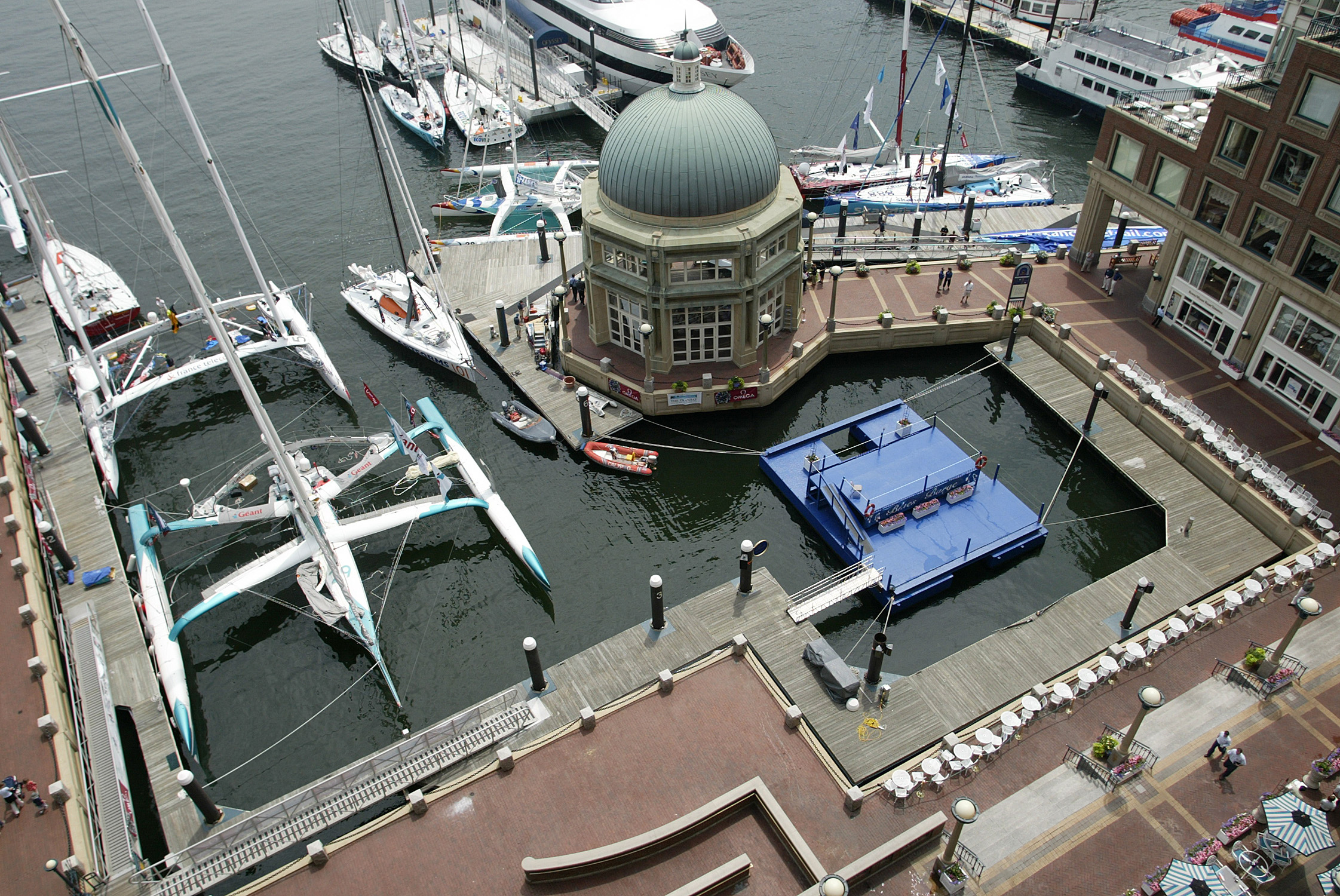Ask a native Bostonian and he has probably never heard of the rotunda observation deck atop the famous Boston Harbor Hotel, which offers unparalleled views of the Boston Harbor. More important, he probably has no idea he can access it for free.
The observatory at the rotunda, situated on the 9th floor of the hotel, is available to the public, thanks to the Massachusetts Public Waterfront Act. Through this act, also known as “Chapter 91,” the Commonwealth has taken a farsighted and comprehensive approach to protect the public’s right to use and enjoy the state’s tidelands and other waterways. As private property owners seek to develop land along the water’s edge, Chapter 91 provides the basis for the Commonwealth to review proposals for development, limit building height close to the water and ensure conditions that promote public access, use and enjoyment of waterways.
The Commonwealth formally established the program in 1866, but the philosophy behind Chapter 91 dates back to the earliest days of the Massachusetts Bay Colony, most notably in the Colonial Ordinances of 1641-1647. The Colonial Ordinances codified the “public trust doctrine,” a legal principle nearly 2000 years old, which holds that the air, the sea and the shore belong not to any one person, but rather to the public at large.
The public observatory atop the Boston Harbor Hotel at Rowes Wharf was included in the developer’s plans due to Chapter 91 and ensures that the breathtaking view of Boston Harbor belongs not just to hotel guests but also to the general public.
However, the hotel is now considering changing the rotunda into a lavish, exclusive, presidential suite for the ultra-rich. In exchange, they have proposed a Visitor Center for the public on the first floor of the hotel – an unimpressive location with a view of the side of a building.
Doing so will deprive Bostonians and visitors alike of a valuable public amenity for the sake of corporate greed. This fact is particularly disheartening given that taxpayers have paid $4 billion dollars over the past 40 years to clean up Boston Harbor. It will also be breaking a long-standing agreement with the people of Massachusetts.
The hotel owners will argue that there is a huge economic benefit involved with converting the rotunda viewing deck to an exclusive presidential suite. However, few (if any) new jobs will be created and any benefit will flow primarily to the owners of the hotel.
The hotel may also cite the drastic underutilization of the space as another reason to move forward with the conversion. Only a few hundred people visit the public observatory each year, largely due to a lack of awareness of its existence and a shocking lack of signage at the entrance that could alert visitors to its presence. A little additional marketing and signage would likely lead to a dramatic increase in the public taking advantage of this amazing resource.
The conversion of this beautiful public deck into an exclusive suite available only to a wealthy few might also set a negative precedent that would enable other developers to reduce their public amenities. All past efforts to preserve the public’s interests in the shores and waterways will be compromised.
The observatory offers unique unparalleled views of the harbor and city. It is beautiful, free and a public right that everybody should know about and take advantage of. If you haven’t been there, you should go take advantage of the view… before it’s too late.
Written by Michael Law, Mariana Filgueira Risso and Valerie Sakimura for the J-Term class on Lobbying in collaboration with The Boston Harbor Association.
